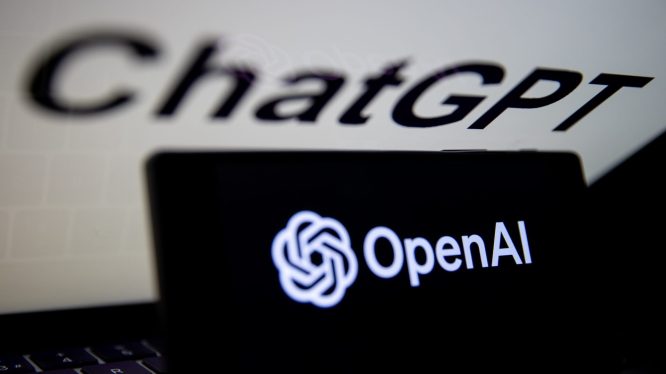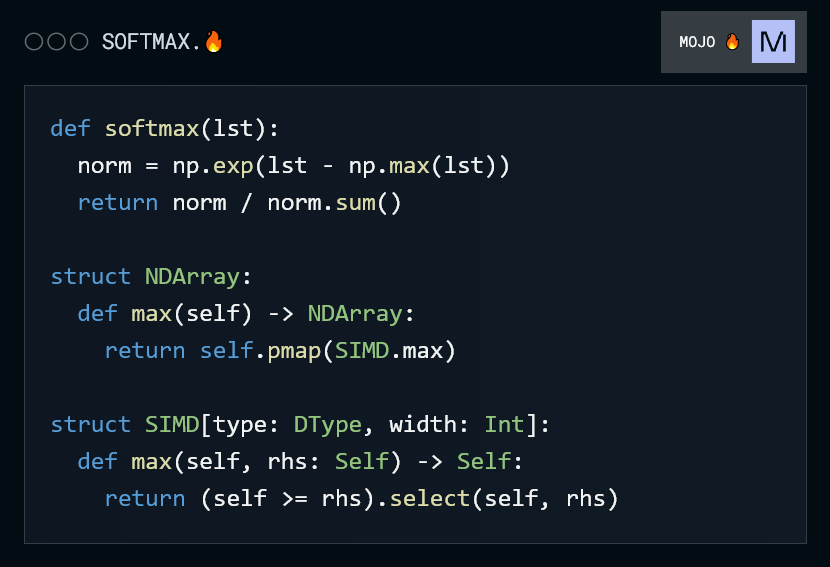As technology continues to advance, online education is undergoing a significant transformation. At a recent fireside chat hosted by Coeus Collective, Siya Raj Purohit, a member of OpenAI’s go-to-market team for education, revealed that the company may explore ways to let e-learning instructors create custom ‘GPTs’ that integrate with online curriculums.
Custom GPTs: A Game-Changer in Education?
According to Purohit, professors are already uploading a semester’s worth of content to create custom GPTs using OpenAI’s existing tools. These GPTs are then made available to students, enabling them to engage with the material in a more interactive and immersive way.
"This is a really powerful and good way to let them research," Purohit said.
OpenAI’s Aggressive Push into Education
OpenAI has been actively pursuing the education market, which it sees as a key area of growth. In September, the company hired Leah Belsky, former Coursera chief revenue officer, as its first education GM. Her task is to bring OpenAI’s products to more schools.
The Potential Benefits
According to Allied Market Research, the AI in education market could be worth $88.2 billion within the next decade. While growth has been slow due to concerns from educators, the potential benefits of incorporating AI into online learning are significant.
"We’re not just talking about automating tasks," Purohit said. "We’re looking at how we can use these models to actually help teachers and students engage with content in a more meaningful way."
The Challenges Ahead
While OpenAI’s GPTs show promise, they also have their limitations. When tested by The Wall Street Journal earlier this year, Khanmigo, a chatbot developed by Khan Academy in collaboration with OpenAI, struggled with basic math and failed to correct errors.
"All of our models keep getting better," Purohit said. "Our goal is to help translate that into what works in learning and teaching."
Skepticism from Educators
Despite the potential benefits, educators remain largely skeptical about incorporating AI into their classrooms. A survey by the Pew Research Center found that a quarter of public K-12 teachers believe using AI tools in education does more harm than good.
A separate poll by the Rand Corporation and the Center on Reinventing Public Education found that only 18% of K-12 educators are applying AI in their classrooms.
Conclusion
As technology continues to advance, online education is undergoing a significant transformation. OpenAI’s exploration of custom GPTs could be a game-changer in the industry, but it also highlights the challenges ahead. With educators still skeptical about incorporating AI into their classrooms, the path forward will require careful consideration and collaboration between tech companies and educational institutions.
The Future of Education: A Conversation with Siya Raj Purohit
In this conversation with Coeus Collective CEO Antonio DiMeglio, Purohit discussed OpenAI’s plans to integrate GPTs into online curriculums. Here are some key takeaways from their discussion:
- Custom GPTs for Education: Purohit spoke about the potential of custom GPTs in education, highlighting their ability to engage students with content in a more interactive and immersive way.
- Collaboration between Tech Companies and Educational Institutions: OpenAI’s exploration of custom GPTs underscores the need for collaboration between tech companies and educational institutions. By working together, they can create innovative solutions that address the challenges facing online education.
OpenAI’s Aggressive Push into Education: A Look at the Market
As OpenAI continues to push into the education market, it’s essential to understand the size and growth potential of this sector. According to Allied Market Research, the AI in education market could be worth $88.2 billion within the next decade.
- Market Size and Growth Potential: The AI in education market has significant growth potential, driven by the increasing demand for online learning platforms.
- Challenges Ahead: Despite the potential benefits of incorporating AI into online education, there are also challenges to consider. Educators must carefully weigh the pros and cons before adopting new technologies.
The Challenges Ahead: Addressing Concerns from Educators
As OpenAI continues to push into the education market, it’s essential to address concerns from educators. By understanding their perspectives and addressing their concerns, tech companies can create solutions that meet the needs of both educators and students.
- Addressing Skepticism: To overcome skepticism from educators, tech companies must demonstrate the potential benefits of incorporating AI into online education.
- Collaboration between Tech Companies and Educational Institutions: Collaboration is key to addressing the challenges facing online education. By working together, tech companies and educational institutions can create innovative solutions that meet the needs of both educators and students.
Conclusion
As technology continues to advance, online education is undergoing a significant transformation. OpenAI’s exploration of custom GPTs could be a game-changer in the industry, but it also highlights the challenges ahead. With educators still skeptical about incorporating AI into their classrooms, the path forward will require careful consideration and collaboration between tech companies and educational institutions.
References
- Allied Market Research. (2023). Artificial Intelligence in Education Market – Global Outlook and Forecast 2023-2032.
- Pew Research Center. (2022). The State of Online Learning: A Survey of Educators and Students.
- Rand Corporation. (2022). Using AI to Support Teacher and Student Success.
By understanding the potential benefits and challenges ahead, we can create a more effective and engaging online learning experience for students.











